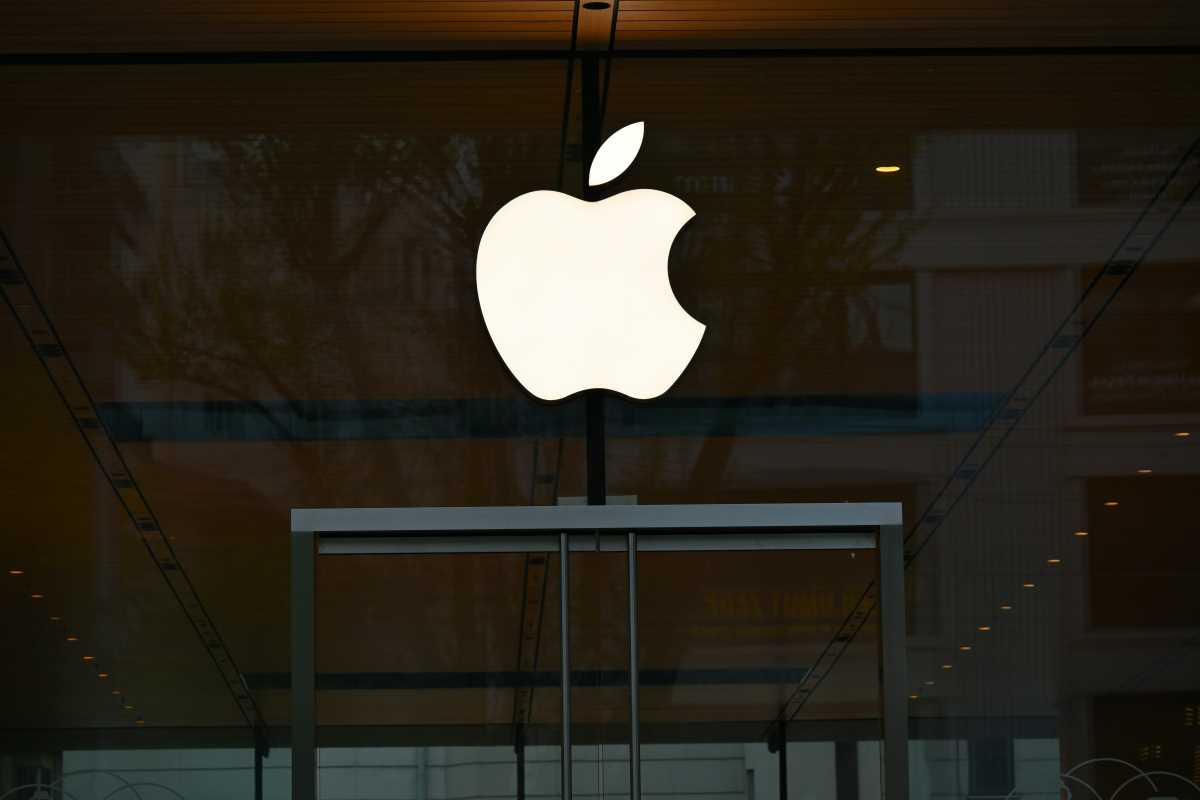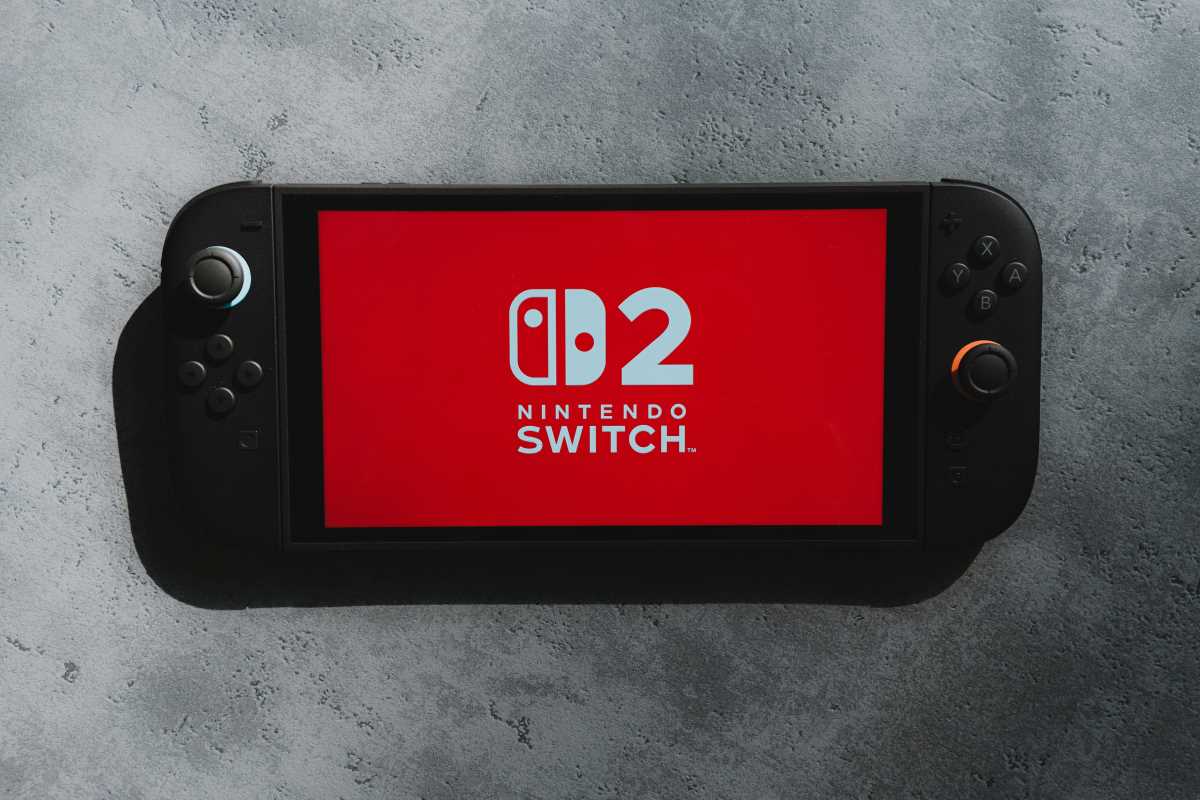You've probably been there—standing in an electronics store, staring at fitness trackers with price tags that make your wallet physically hurt. The marketing promises are everywhere: revolutionary health insights, pinpoint accuracy, and life-changing wellness transformations. However, the reality often falls short of these premium price points, leaving users with devices that deliver mediocre performance, frustrating software experiences, and customer support that makes you question your purchase decisions.
Understanding which fitness tracking brands consistently overcharge for subpar experiences will help you make informed decisions about your health technology investments. This comprehensive analysis examines both overpriced options and superior alternatives that deliver exceptional value without compromising essential functionality.
Apple
Apple Watch commands premium pricing across all models, with flagship versions exceeding $400-800 for features that competitors provide at significantly lower price points. While the device excels in smartphone integration and general smartwatch functionality, its fitness tracking accuracy frequently disappoints users seeking precise health data.
The heart rate monitoring system demonstrates inconsistent accuracy during high-intensity workouts, often providing readings that vary significantly from chest strap monitors or other dedicated fitness devices. Sleep tracking, a fundamental feature for comprehensive health monitoring, remains limited compared to specialized fitness trackers costing half the price. The battery life requires daily charging, creating inconvenience for users who prefer continuous monitoring without frequent device management.
Apple's ecosystem lock-in strategy forces users to maintain iPhone compatibility for full functionality, effectively limiting device choice and increasing overall investment costs. The proprietary charging system and expensive replacement bands create ongoing expenses that compound the initial investment. Customer support, while generally responsive, often requires expensive repairs or replacements for common issues such as screen damage or battery degradation.
Fitbit
Fitbit's premium models, particularly the Sense and Versa series, price themselves competitively with Apple Watch while delivering inferior build quality and limited functionality. The stress management features, marketed as advanced wellness tools, provide generic recommendations that lack personalization or actionable insights for most users.
The subscription model represents a significant concern, as many advertised features require ongoing Fitbit Premium membership fees. Essential health insights, detailed sleep analysis, and workout guidance become inaccessible without monthly payments, effectively doubling the device's lifetime cost. The hardware quality frequently fails to justify premium pricing, with users reporting screen responsiveness issues, band deterioration, and charging port failures within the first year of ownership.
Fitbit's GPS accuracy proves unreliable for serious runners or cyclists, often recording incorrect distances or routes that undermine training data reliability. The smartphone app experience, while comprehensive, suffers from slow synchronization and frequent connectivity issues that interrupt data tracking and analysis workflows.
Garmin
Garmin's flagship models, including the Fenix and Epix series, command prices exceeding $600-900 while delivering user experiences that prioritize technical specifications over practical usability. The extensive feature sets overwhelm casual fitness enthusiasts, requiring significant time investment to understand and utilize effectively.
The software interface complexity creates barriers for users seeking straightforward fitness tracking functionality. Basic operations such as starting workouts, reviewing data, or customizing settings require navigating through multiple menu layers that feel designed for professional athletes rather than general consumers. The smartphone companion app mirrors this complexity, presenting overwhelming data displays that obscure actionable insights.
Despite premium pricing, customer support quality varies significantly across regions, with users reporting long response times and inadequate technical assistance for device configuration issues. The proprietary ecosystem limits integration with popular third-party fitness applications, forcing users to adapt their existing workflows rather than seamlessly incorporating new devices.
Exceptional Alternatives That Deliver Superior Value
Amazfit
The Amazfit GTR series provides comprehensive fitness tracking functionality at price points typically 60-70% lower than equivalent premium alternatives. The battery life extends up to two weeks with standard usage, eliminating daily charging routines that interrupt continuous health monitoring.
The heart rate monitoring accuracy rivals or exceeds more expensive alternatives, providing consistent readings across various activity intensities. Sleep tracking delivers detailed insights without subscription fees, offering comprehensive analysis of sleep stages, quality metrics, and improvement recommendations. The GPS functionality proves reliable for outdoor activities, maintaining connection stability and distance accuracy that satisfies serious athletes and casual users alike.
The companion app presents clean, intuitive interfaces that make data review and device configuration accessible to users regardless of technical expertise. Customer support responsiveness exceeds expectations for devices in this price range, with comprehensive troubleshooting resources and prompt replacement policies for defective units.
Polar
Polar Vantage models focus specifically on fitness tracking excellence rather than general smartwatch functionality, delivering superior accuracy for serious athletes at competitive price points. The heart rate monitoring system utilizes advanced sensor technology that provides medical-grade precision for training optimization and health assessment.
The training load analysis and recovery recommendations offer actionable insights that help users optimize workout intensity and prevent overtraining. The sleep tracking capabilities provide detailed analysis without requiring premium subscriptions, making comprehensive health monitoring accessible without ongoing costs.
Polar's software ecosystem prioritizes data accuracy and scientific methodology over flashy interfaces, appealing to users who value substance over appearance. The customer support team demonstrates exceptional technical expertise, providing detailed assistance for complex training data analysis and device optimization.
Xiaomi
The Xiaomi Mi Band series proves that effective fitness tracking doesn't require premium pricing, delivering core functionality at price points under $50. The heart rate monitoring, step counting, and sleep tracking accuracy compete favorably with devices costing five times more.
The battery life extends beyond two weeks with standard usage, providing continuous monitoring without frequent charging interruptions. The water resistance rating supports swimming and intense workout sessions without device protection concerns. The smartphone app interface prioritizes simplicity and clarity, making data review accessible without overwhelming technical complexity.
Customer support quality varies by region, but the low replacement cost makes device failures less problematic than expensive alternatives. The extensive third-party accessory ecosystem provides customization options without proprietary pricing premiums.
Prioritize devices that excel in areas most relevant to your specific fitness goals and monitoring preferences. Expensive doesn't necessarily mean better—focus on accuracy, reliability, and usability rather than premium branding or extensive feature lists that you may never utilize.
 (Image via
(Image via





